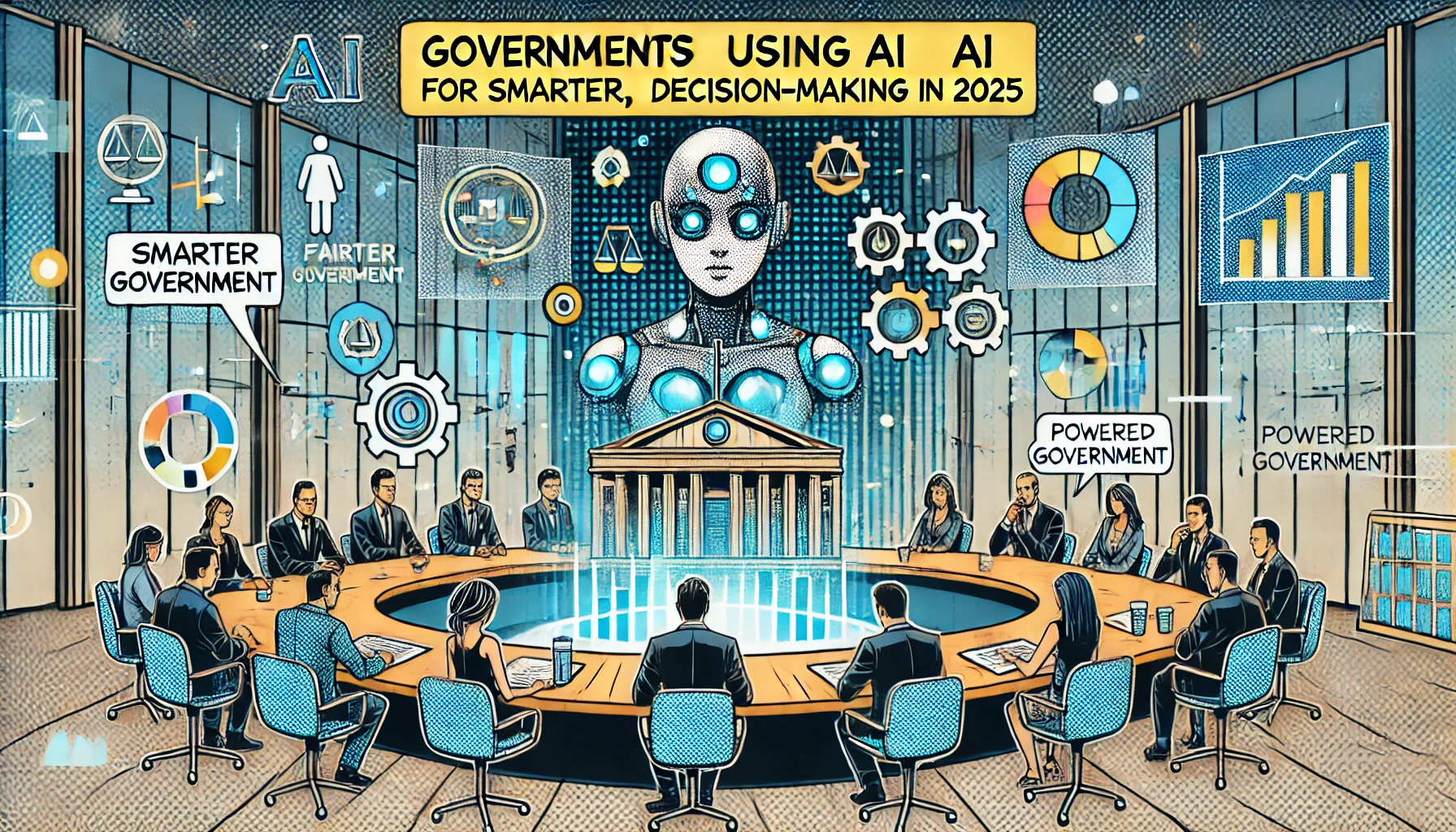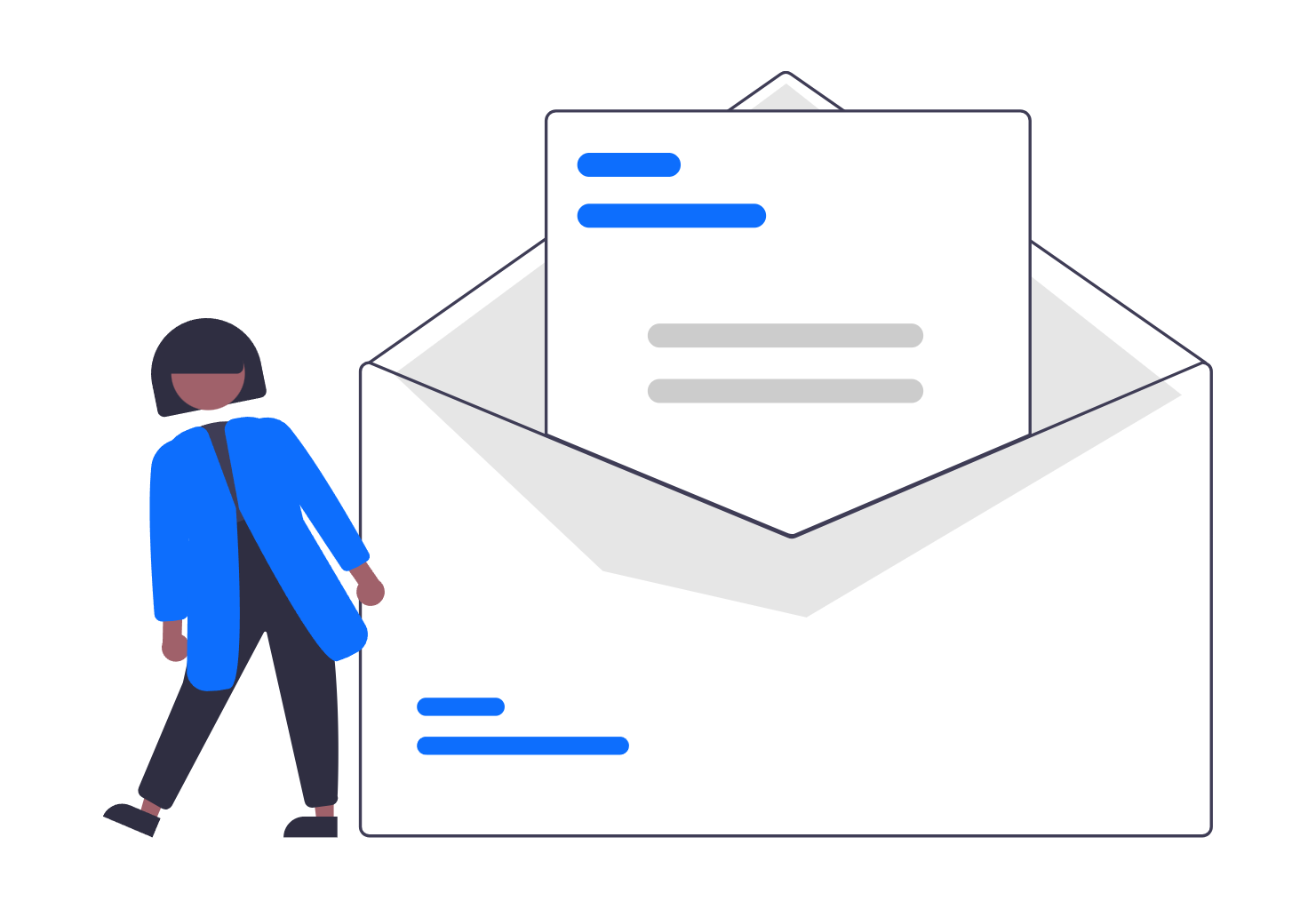
Global Governments Embrace AI for Data-Driven Governance
In April 2025, a powerful digital transformation is sweeping across political systems worldwide. Governments in nations like the United States, Canada, the United Kingdom, India, Australia, Germany, and South Korea are embracing artificial intelligence (AI) to improve how they develop policies, make public decisions, and provide essential services. AI systems are helping government leaders collect, process, and understand vast amounts of information faster and more accurately than ever before. These AI-powered tools are guiding decisions on everything from transportation to education, healthcare, and climate policy.
At the center of this revolution is a growing awareness that data must be used responsibly. This movement isn’t just about technology—it’s about ethics, transparency, and fairness. Organizations like OpenAI, along with international bodies such as the United Nations and G20, are influencing how countries set rules for ethical AI use. These collaborations aim to ensure that AI supports democracy, enhances human decision-making, and works for everyone, not just the most powerful or wealthy.
Governments have always needed information to make smart decisions. In the past, data came in the form of surveys, reports, and paper files. But today, data is everywhere—on smartphones, in traffic sensors, through public service databases, and even social media platforms. Leaders now face the challenge of managing enormous volumes of data that grow every second. Manual processes simply can’t keep up.
In the last five years, many governments began testing AI tools in small departments. At first, these systems helped identify welfare fraud, optimize bus routes, or manage emergency services. But as AI algorithms improved, they began delivering results faster, with greater accuracy and more meaningful insights. Countries saw that they could use AI to forecast public needs, identify resource shortages, and plan for the future. The success of these trials has led to broader AI adoption. Today, AI is involved in national budget planning, disaster response, housing development, and even education reform. Meanwhile, organizations like OpenAI are helping shape global conversations about AI safety and fairness, pushing for standards that protect people’s rights while using powerful technologies.
Key Facts & Details
How Governments Use AI to Make Better Decisions AI tools help governments gather and study huge amounts of information from many sources—public complaints, weather reports, school enrollment data, economic trends, and more. These tools can detect changes quickly and suggest actions to solve problems before they grow. For example, if many people report broken sidewalks in one area, AI systems can flag it and send alerts to city maintenance teams. Or if student numbers in a district suddenly rise, AI can help plan for new classrooms and teachers. AI also supports budget decisions by showing where tax money is most needed. It turns complicated spreadsheets into easy-to-understand insights, helping leaders act faster and more accurately.
AI in Policy Development and Service Delivery One of AI’s biggest strengths is predicting what might happen in the future. That’s why it’s becoming a valuable tool in writing laws and planning services. Let’s say a country wants to raise the minimum wage. AI can estimate how this change would affect small businesses, employment, and consumer prices. It can also show which groups would benefit most.
This helps governments write smarter, fairer policies. AI is also used to improve everyday services. Cities are using smart traffic systems to prevent jams and reduce pollution. Hospitals are using AI to better organize patient care, and emergency services are using it to get help to people faster. By learning from past data, AI makes these services more efficient and easier for people to use.
AI Ethics and OpenAI’s Global Influence While AI can do great things, it must be used carefully. One major concern is fairness. People want to know that AI won’t make biased or harmful choices. That’s where organizations like OpenAI come in. OpenAI is helping create rules and standards that governments can follow.
These rules focus on making AI transparent, protecting privacy, and making sure decisions can be explained. For example, if an AI denies someone a government benefit, there must be a clear reason why. OpenAI is working with over 30 governments to build policies that are fair, open, and centered on human rights. The organization is also active in international discussions, joining efforts like the UN’s AI Ethics Network and the G20’s Digital Governance Group.
What Leaders and Experts Are Saying “AI can help us solve complex problems, but only if it’s built on values we all share,” said Priya Sharma, policy advisor in India’s Ministry of Innovation. She added, “We must always ask—who benefits, and who might be left behind?” OpenAI’s director of policy, James Lee, explained, “Governments face tough decisions every day. Our goal is to make sure AI helps those decisions be smarter, safer, and more ethical.” Professor Angela Moore from the Harvard AI Policy Lab emphasized that “AI won’t replace leadership, but it can enhance it. Countries that use AI wisely will have stronger economies and more connected societies.”
Important Numbers to Know
- More than 65% of governments worldwide are now using AI in some area of governance.
- In AI-powered cities, response times for emergency services improved by up to 40%.
- Governments using predictive AI tools have reduced public service wait times by 50%.
- Surveys show that 76% of citizens support AI in public service when privacy and fairness are protected.
- OpenAI has helped create or review over 60 ethical AI frameworks across 25 countries.
- Pilot programs in AI-driven climate policy planning have helped reduce emissions by 12% in participating regions.
Analysis & Impact
How AI is Transforming Public Governance AI is giving governments superpowers when it comes to data. With these tools, they can react faster, predict better, and serve citizens more personally. From organizing public transportation to managing global trade, AI is becoming the backbone of smarter government. By automating slow processes and providing insights in real time, AI frees up human workers to focus on big-picture challenges. It also helps governments test new ideas before making changes. For example, before building a new school, AI can simulate student populations years in advance. This level of planning leads to fewer mistakes, better use of money, and happier communities.
Challenges and Responsibilities But smart technology comes with serious responsibilities. If an AI system is trained on biased or outdated data, it could make unfair decisions—like denying benefits or giving wrong advice. That’s why experts say AI must always be supervised by people. There’s also a risk of people losing trust if they don’t understand how AI works. Governments must be open about how these tools are used and give people ways to challenge unfair decisions.
Cybersecurity is another concern—AI systems must be protected from hackers who could steal personal data or disrupt services. OpenAI and others are calling for “human-in-the-loop” systems that combine smart machines with human oversight. This balance helps make sure AI supports democracy, not weakens it.
Resources & References
- World Economic Forum – AI and Governance in the Public Sector
- OpenAI – Global Ethics and Regulatory Collaboration Report
- G20 Digital Economy Panel – Responsible AI Use in Government
AI is changing the way governments listen, plan, and act. It’s making it easier for leaders to understand problems and solve them faster. But with this power comes responsibility. That’s why organizations like OpenAI and many world leaders are working together to build AI systems that are fair, open, and designed to serve the public good. With the right tools and rules in place, AI could help make our governments more responsive, more effective, and more trusted than ever before.
Should AI have a role in how leaders make decisions? What steps do you think are needed to make sure AI stays fair? Join the conversation in the comments and subscribe for more updates on how technology is shaping the future of democracy.


